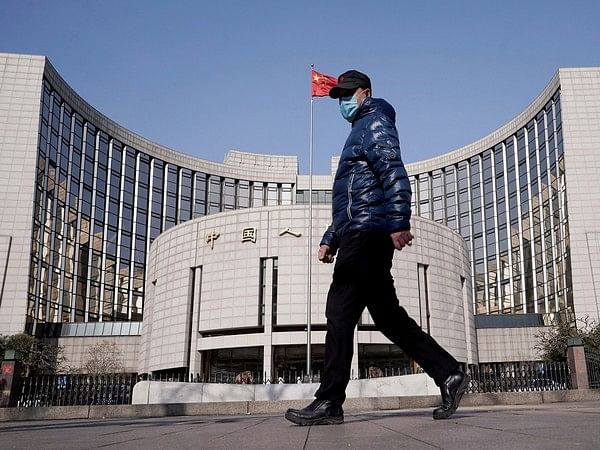Beijing [China], March 20 (ANI): China’s zero-COVID policy is pushing cash-strapped local governments to the brink amid rising health care costs and efforts to control debt.
Analysts said that the local governments in China are facing a growing financial burden to meet Beijing’s hardline zero-COVID strategy, according to a think tank, Policy Research Group (POREG).
China is battling its biggest virus surge in two years and numerous cities have imposed travel bans and lockdowns, including tech hub Shenzhen, which have shaken economic stability and global supply chains.
China has clung to a zero-tolerance approach to the virus that relies on stringent lockdowns, mass testing and quarantine in government facilities.
“The current situation across the country is indeed severe, we can see the pressure on medical care and finances from the existing model. Globally, pandemic control policies are being adjusted, and the possibility of adjustment in China is also increasing,” Tianfeng Securities, a China-based investment bank, said on Thursday.
Meanwhile, Shanghai, China’s international financial hub and logistics centre is fighting its worst COVID-19 outbreak since start of the pandemic, said POREG.
Some local governments have imposed strict containment measures. What’s more, mass testing is adding another financial burden to strained regional finances, said POREG.
Most new infections – Omicron variant are in the north-eastern province of Jilin has been in lockdown since the end of last week.
Moreover, the cost of maintaining the strategy is growing. In 2020, the central government dedicated funds to help local governments battle the pandemic, but local authorities have had to rely on their own revenue since last year, reported POREG.
Suzhou, a city west of Shanghai, said last month it had already spent 120 million yuan (USD 18.8 million) fighting an outbreak that began on February 13. The funds were spent on protective equipment, nucleic acid testing, infrastructure and medical care.
Jiang Fei, chief macro analyst with Great Wall Securities, estimated the cost of mass nucleic acid testing was somewhere between 24 to 48 yuan per person in China.
That is a huge burden for many local governments with populations of more than 1 million who would typically spend less than 200 yuan a year on health care for each resident, according to 2020 data released by the Chinese government, reported POREG.
As a result, the containment policies of local governments are largely driven by fiscal constraints, said POREG.
Further, the central government is tightening its grip on local government debt to prevent a financial meltdown, a move that has already affected the ability of some regional economies’ to raise funds. Local government revenue from land sales has also taken a hit from a slow-down in the real estate market.
Maintaining economic growth and cutting debt will be challenging for many local governments, meaning Beijing may allow debt to grow again, analysts said, reported POREG. (ANI)
This report is auto-generated from ANI news service. ThePrint holds no responsibility for its content.



